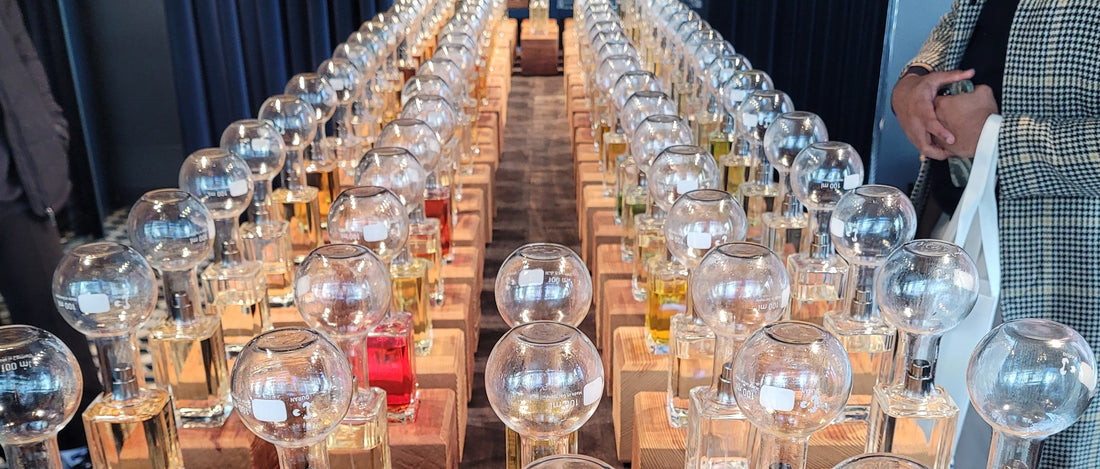Have you ever wondered why some perfumes give you a headache and others don't? If you are perfume-sensitive, you're not alone. A substantial percentage of the population, up to 34.7%, have reported subjective health issues when exposed to perfumed products such as migraines, headaches and respiratory difficulties.
I was just in New York and I found found myself wandering into perfume shops. Fueguia, originally established in 1833 in Argentina, creates unique fragrances featuring both natural and plant-based synthetic ingredients. Each scent has been carefully crafted to create an unforgettable experience. I bought a fruit gourmand called Mbucuruyá. I was also able to explore the Naxos Apothecary, a new fragrance shop owned by the founder of Korres skincare brand. It's definitely worth taking a visit! Although I was initially concerned that a wide variety of fragrances on the same day could lead to headaches, I was pleasantly surprised to find that everything went well until I visited a store selling commercial perfumes. I saw a bottle that I found really unique and was curious about the scent. I sprayed some on a blotter smelled it then put it in my pocket. A headache developed on the right side of my forehead shortly after and lasted until I woke up the next day.
There is still no solid evidence linking fragrance to headaches, but some researchers believe that certain fragrances can cause blood vessels in the brain to pulsate, which in turn causes a headache or migraine. Others believe that odors can stimulate parts of the brain and nervous system that are responsible for feeling pain in the head. Olfactory chemical irritants are transmitted by the sensory nerves and can cause negative effects on the trigeminovascular system (the system that causes headaches).
Consumer safety is of great concern when it comes to fragrances, as lack of full ingredient disclosure makes it hard for consumers to assess any potential health risks. Manufacturers often use synthetic ingredients derived from petroleum and wood pulp in the production of fragrances; however, many don't accurately inform the public about these components. They are listed as 'parfum' or 'fragrance' on the label. This limits an individual's ability to make an informed decision on what is safe and presents a challenge for research into this field.
For people with a sensitivity to certain fragrances, it's important to pay attention to the ingredients used in each scent. Synthetic ingredients are more likely to cause adverse reactions such as headaches and nausea when compared with natural ones. To make sure you're getting the true scent experience in a safe way, opt for artisan brands with many natural components and plant-based chemicals. By doing so, you can enjoy fragrances without compromising your well-being.

